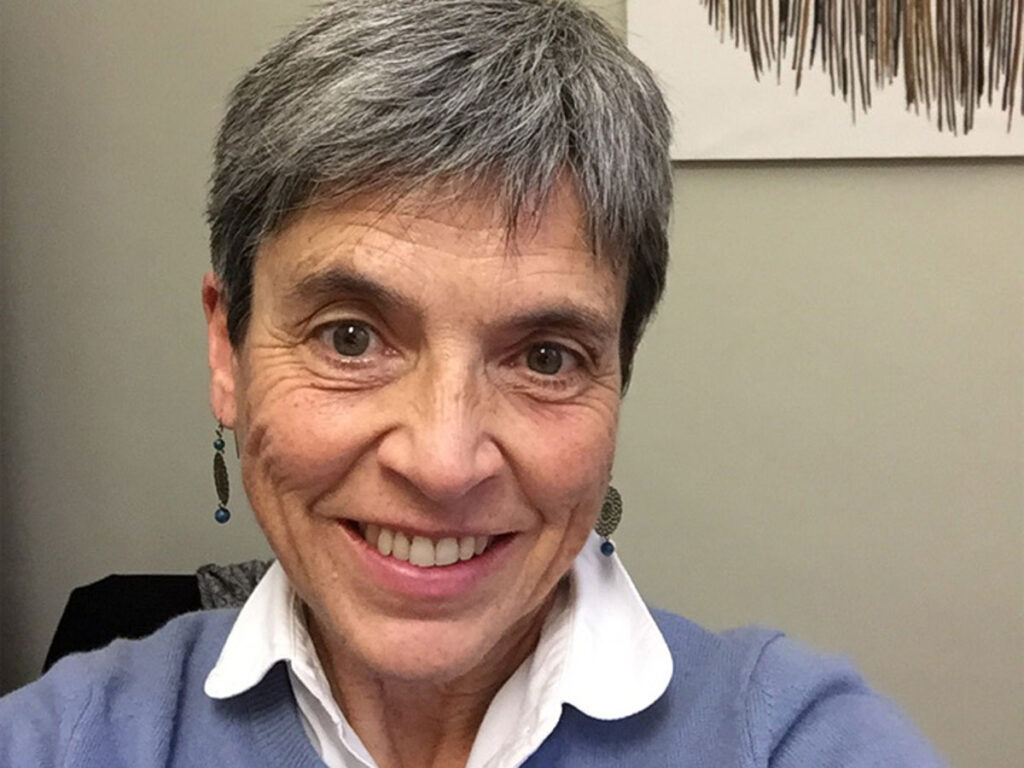VOICES FROM THE ECCC (Extraordinary Chambers in the Court of Cambodia)/THE KHMER ROUGE TRIBUNAL.
- Could you please tell us your name, your position at the ECCC, and a summary of your responsibilities?
- As an introduction for people who may not be familiar with civil party participation in criminal proceedings, can you tell us what a civil party is?
- Civil party representation in international criminal proceedings started with the ECCC. Tell us about some of the challenges in your work. Were there challenges working with Civil Parties’ attorneys? What about at the ECCC more generally?
- The Lead Co-Lawyers were instrumental in advocating for judicial and non-judicial reparations. What do you think of the reparations that were ultimately implemented? Do you believe they reflected the Civil Parties’ interests as a whole?
- If not Civil Party interests, what other factors did you see (and would be comfortable describing) that influenced the reparations process?
- In your opinion, how could the ECCC have approached reparations in a better way (if any)?
- Do you feel that the concept of civil party participation in criminal proceedings should be replicated (or avoided) in other international tribunals? Why?
- Could tell us what aspects of the court’s business practices or structure as it relates to Civil Party representation worked well (were efficient and successful)? What could be improved (was inefficient or unsuccessful)?
- Can you provide any thoughts on best practices that you observed during your time in the ECCC (whether as it pertains to your position or other officials/entities)?
- Based on your time at the ECCC, what significant lessons learned or recommendations would you suggest for future courts? Any anecdotes to illustrate this?
- What do you see to be significant challenges for future courts handling mass atrocities based on your work at the ECCC?
( October 30, 2019)

